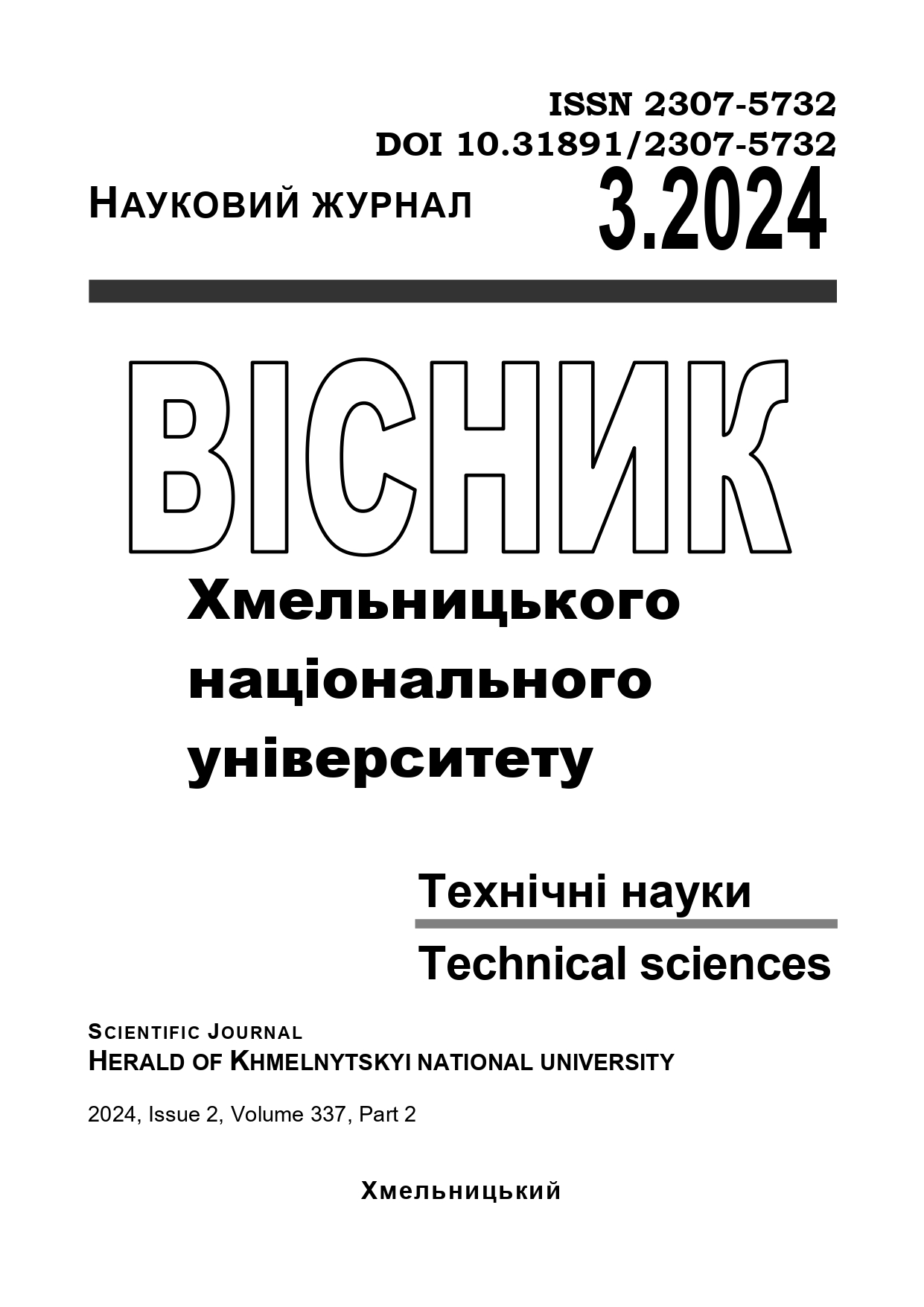EFFECTIVE DATA WAREHOUSES FOR MACHINE LEARNING SOLUTIONS
DOI:
https://doi.org/10.31891/2307-5732-2024-337-3-8Keywords:
data warehouses, AI solutions, cloud data storage, cloud platformsAbstract
Awareness of the importance of using effective data warehouses to develop machine learning solutions in today's world is becoming increasingly relevant in connection with the growth of data volumes and the growing need for accurate and productive models. The article identifies major vital requirements for data storage systems to ensure effective data management in building machine learning solutions.
The study underscores the practical implications of rapid data access and minimal latency, reliable storage systems with robust backup and recovery mechanisms, high-level security, flexibility in handling different data types, and cost-effectiveness. These factors are not just theoretical considerations but directly impact the efficiency and success of machine learning solutions.
Together with describing the concepts of block storage and object storage, the article also compares major cloud platforms—AWS (Amazon Web Services), Microsoft Azure, and Google Cloud Platform (GCP)—each providing a comprehensive range of flexible and customizable storage, security, and data processing services. These platforms enable users to manage their information resources flexibly and efficiently, offering unique features that cater to the specific needs of machine learning applications. Understanding the nuances of each provider's offerings empowers engineers and researchers to make informed decisions that align with their unique requirements.
The article provides a thorough overview of the key considerations and available options, guiding strategic decisions to support machine learning initiatives effectively. Also the importance of staying up to date with the evolution of major platforms offerings is emphasized. In conclusion, selecting the proper data storage solution is critical for enhancing the performance, security, and cost-efficiency of machine learning models.

